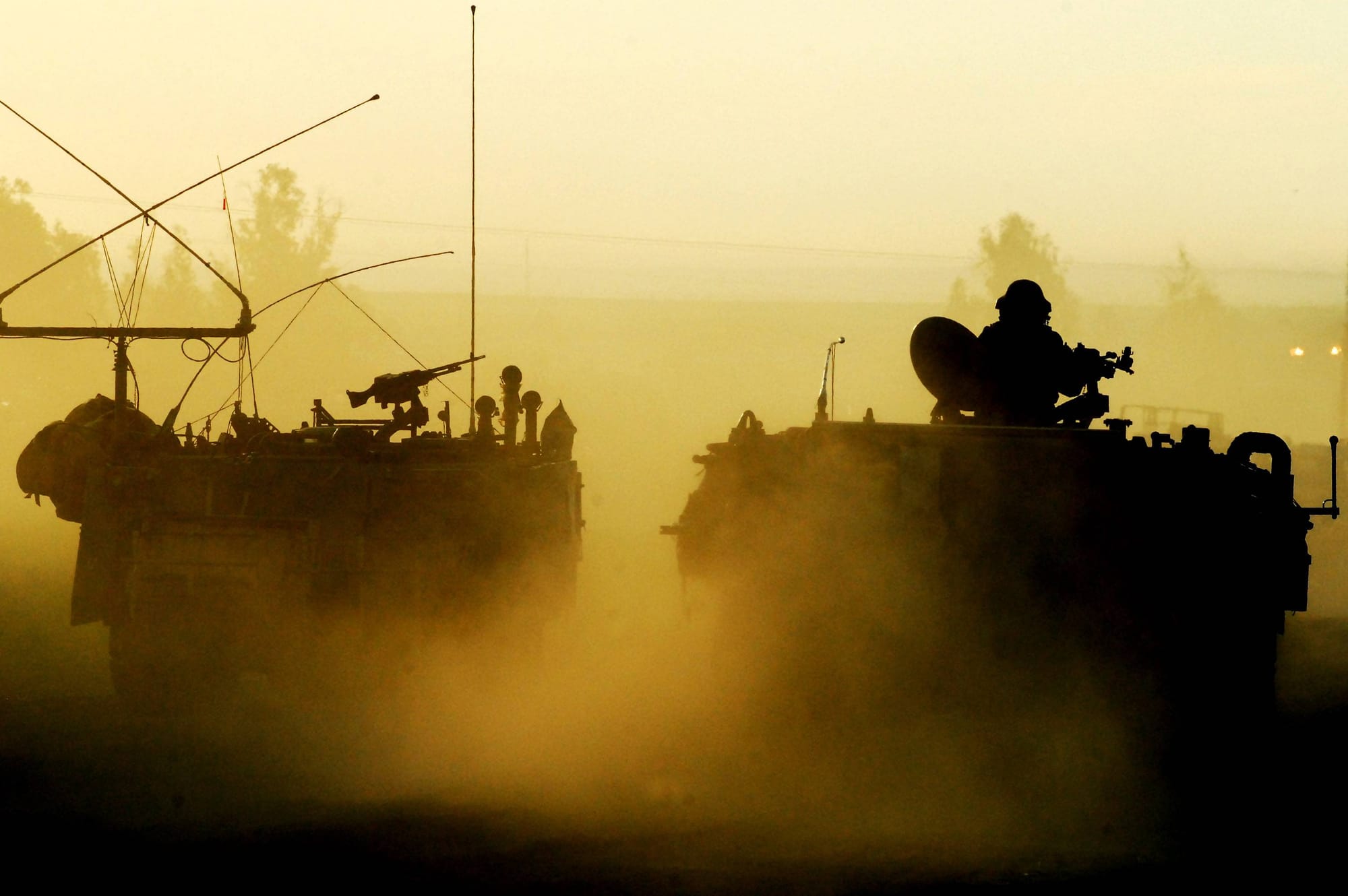The burdens of war in the Arab world: effects that extend without borders

Wars in the Arab world are not just military battles; they are humanitarian and social catastrophes that transcend borders and geography. Their effects permeate deep within societies, distorting the features of the present and burdening the future. From Iraq and Syria to Yemen and Lebanon, repeated scenarios have revealed how wars destroy the fabric of societies and create long-term challenges that are difficult to overcome.

Wars know no geography
When the flames of war ignite, they don't remain confined to the battlefields. Their impact extends to safe cities, creating waves of refugees and displaced persons, and disrupting livelihoods. The Syrian war, for example, was not confined to the battlefield; it extended to affect neighboring countries such as Lebanon, Jordan, and Turkey, which bore the burden of hosting millions of refugees.
Social fabric under fire
Wars tear apart the bonds that once held people together. In Lebanon during the civil war (1975-1990), neighbors became adversaries, and families became victims of sectarian divisions. In Yemen, years of conflict have left both rural and urban communities living in constant fear of the other, leading to the collapse of social cohesion.
Economy: A Perpetual Victim
Wars devastate national economies, destroying infrastructure and leaving people without jobs. Iraq after 2003 is a clear example, where war and unrest led to the collapse of vital sectors such as industry and agriculture, pushing millions of Iraqis into poverty. In Yemen, the economic crisis has reached the point of famine, with 80% of the population now dependent on humanitarian aid.

Generations lost due to the destruction of education
In Syria and Yemen, schools have become targets for bombing or shelters for displaced people. Millions of children are deprived of education, meaning an entire generation risks growing up in illiteracy and ignorance. According to United Nations reports, more than 2.4 million Syrian children are out of school, a number that threatens the stability of the region's future.
Mental and physical health: wounds that never heal
Wars leave hidden scars on souls and bodies. In Gaza, children suffer from severe psychological distress due to repeated bombing. In Iraq and Yemen, the large numbers of civilians who have lost limbs or sustained severe injuries reflect the scale of human suffering.